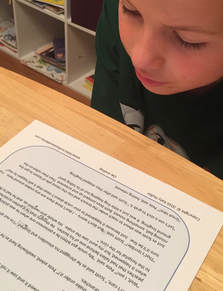
Often, this is due to undiagnosed memory, retrieval, processing, and/or directionality issues.
Because these kids are so smart, however, many teachers and parents often think that their kids are just "not trying hard enough" or that they are "being lazy". Many often think it's just a "developmental issue" and that they will get it with "more time" and "more practice".
But "more time" and "more practice" only works if the right foundation has been laid. No amount of extra time or practice will help a dyslexic child learn to read and write well if the base skills are still missing and not being filled in adequately.
And while these skills are missing and not being filled in, undiagnosed dyslexics who aren't getting the help they need often SUFFER emotionally from constant:
FRUSTRATION-- Seeing other kids quickly grasp how to read and write while they just can't seem to make sense of it all
DIFFICULTIES-- Struggling no matter how hard they work or try
NERVES-- Feeling anxious and scared every time a new skill is introduced or a test is given because they have no idea if it will be something that will end up being extremely hard or easy for them
DISCOURAGEMENT-- Feeling like they'll never get it, never be as smart as their peers
FEAR-- Afraid someone will find out how "stupid" they really are, afraid that their weaknesses will be exposed in front of their friends and classmates, afraid that they'll fail and/or be retained, afraid that they will disappoint their teachers and loved ones, afraid that people working with them will get mad at them when they don't know the answer...AGAIN
SELF-DOUBT-- Doubting that they'll ever really "get it" or measure up
WORRY-- Worried that they'll get in trouble for not knowing something they once knew or that was just explained, worried that they won't be able to do what they are being asked to do, worried that they will FAIL (expecially publicly)
CHALLENGES-- Constantly facing new challenges and having to work harder than their peers just to keep up
DESPAIR-- Feeling hopeless and frustrated because no matter how hard they try, it just doesn't get any easier
BAD HABITS-- Guessing words, writing the least amount possible, giving up, throwing tantrums, lashing out, not paying attention
DISTRACTIONS-- Getting distracted by noises around them, movement, etc.
FAILURE-- Constantly not meeting other peoples' expectations, no matter how hard they try; receiving failing grades for tests and quizzes that they studied really hard for but just couldn't remember the information for
LIMITS-- Being told that they "can't check out THAT book" or be in THAT reading group
ANXIETY-- Nervousness over what's to come. More failure??? Embarrassment??? Difficulties??? Confusion???
RESISTANCE-- Wanting to avoid school and schoolwork because it's hard
OBSTACLES-- Having to work around memory, retrieval, processing, and directionality issues
STRUGGLES-- Having to learn to persevere despite constant struggles...
Dyslexia doesn't go away when a child learns to read and write, but learning to read and write certainly helps. If your child is struggling to learn to read and write, don't give up!
Find a program that will work for your child.
If you haven't found one yet, stay tuned!
BLACK BELT READING is coming! It is backed up by science and, better yet, it is backed up by RESULTS! We are helping kids BUST THROUGH DYSLEXIA, one reader at a time!
Contact me privately if you can't wait for the official launch, and I will consider you for our beta program! Email me at [email protected] with the Subject Title: Blackbelt Reading -- Please help me teach my child to read!
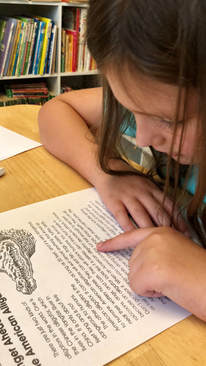
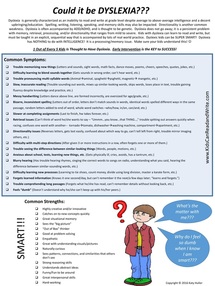

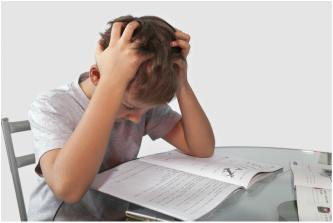
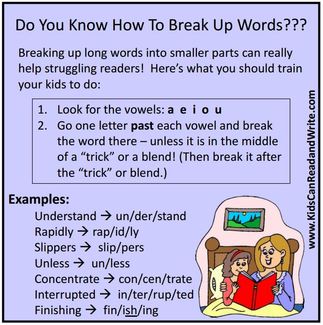


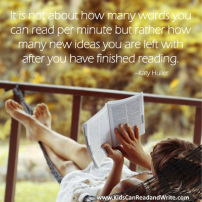
 RSS Feed
RSS Feed